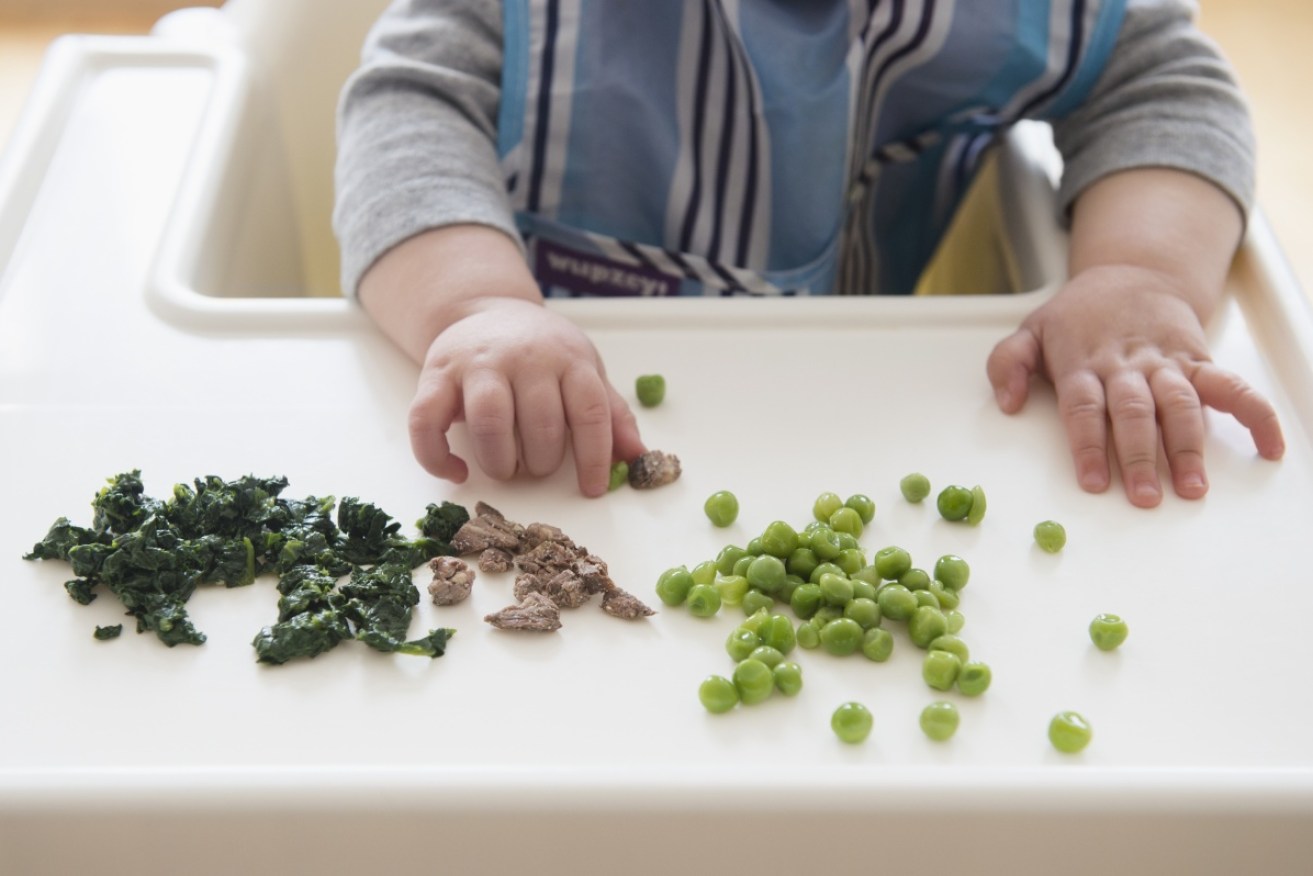Why we can’t remember the day we were born


The study found the ability to develop and hold on to memories is dependent on learning stimulation during critical developmental stages. Photo: Getty
You may never remember the day you are born, but new research suggests there may be some emotional trace memories from your time in nappies.
These latent baby-time memories serve as a kind of cognitive reflex later in life.
The study, from New York University’s Center for Neural Science, also found that the ability to develop and hold on to memories is dependent on adequate learning stimulation during critical developmental stages, during which the nervous system is highly sensitive to what’s going on in the surrounding environment.
Without appropriate stimulation during these “critical periods”, sensory functions such as vision and language won’t develop properly later in life.
The new research suggests the same goes for memory retention and access.
The researchers, led by Professor Cristina Alberini, first tested the infantile memory on rats aged 17 days – the equivalent of toddlers under the age of three, whose episodic memories are forgotten in a matter of minutes – by inviting them to enter a compartment where they received a mild electric shock.
While the baby rats immediately avoided repeating the experience, by the next day they’d forgotten the shock and once more entered the chamber.
The same experiment was carried out on rats aged 24 days — equivalent to children aged six to nine — an age when they are capable of forming and retaining long term memories.

The research was first tested the infantile memory on rats aged 17 days – the equivalent of toddlers under the age of three. Photo: Getty
After experiencing the electrical shock, these older rats continued to avoid entering the compartment over the long term, exhibiting similar memory retention to adult rats.
But a strange thing happened when the 17-day rats became adults.
When prompted by recollections of the compartment and the shock, it was found they had a trace of the memory.
Professor Alberni concluded that early life experience, although not wholly remembered, can influence adult life behaviour.
This suggests that we may keep our infant memories in a latent form that is later expressed in adult life – which, from a memory point of view, starts at around seven years of age.
Infantile amnesia

Sigmund Freud, an Austrian neurologist and founder of infantile amnesia. Photo: AAP
Alberni’s research, published in Nature Neuroscience, is the latest in a crop of studies into what’s known as infantile amnesia – the condition where adults fail to retain their childhood memories.
The term was coined by Sigmund Freud who believed our baby memories, unfiltered by knowledge, were of an intense sexual nature too disturbing to hang on to.
The problem of infantile amnesia has started receiving intense examination in the recent years with the advent of high-end scanning technology, steady breakthroughs in neuroscience, and an increasingly sophisticated understanding of behavioural psychology.
What happens to those memories from the high chair?
The answers lie in a good news/bad news discovery regarding the human brain.
The good news is that as we get older, the brain continues to form new neurons, a process called neurogenesis.
Adults grow about 700 new neurons a day. Neurogenesis in infants, however, occurs three to four times faster than adults — growing between 2100 and 2800 neurons a day.

Infants can’t connect related events due to their rapid growth of neurons. Photo: Getty
Meanwhile, the hippocampus, the part of the brain that acts like a movie director — connect related events in the brain and editing them into a story — is undeveloped in infants.
The net effect is that as new neurons — and memories — are laid down in a baby’s head, existing memories are wiped out.
When Paul Frankland, a researcher at the Hospital for Sick Children in Toronto, promoted neurogenesis in lab animals using drugs, and then tested their memory via training exercises, the animals quickly forgot what they had learnt.
When Frankland retarded the growth of new neurons in his animals, their memories improved.
Dr Frankland says he is “convinced” that neurogenesis is one of the major factors that leads to forgetting in both adults and infants.








